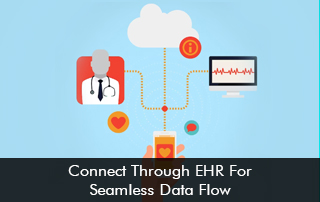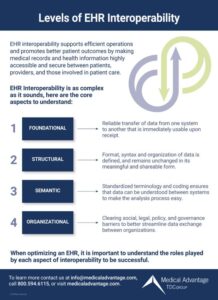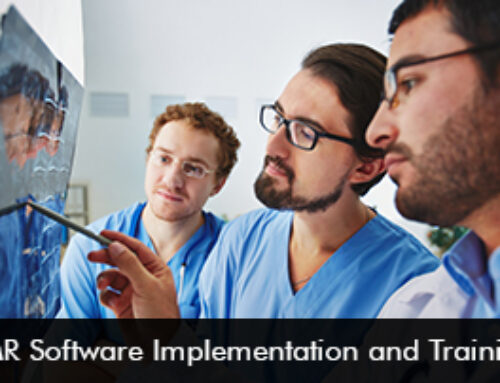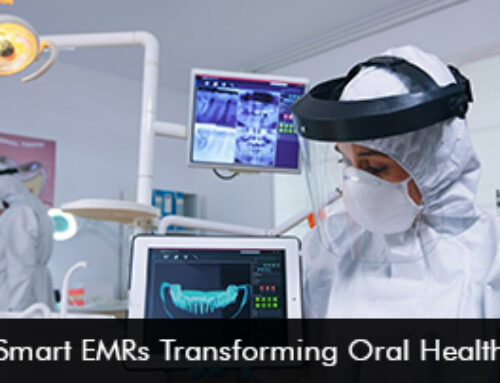The efficient exchange of patient information is critical for providing high-quality care and providers look to EHR for seamless data flow. In this blog post, we will explore how connecting through EHR enhances healthcare delivery.
Improved Care Coordination in EHR for Seamless Data Flow
EHR systems enable healthcare providers to access comprehensive patient information in real time. By connecting through EHR, care teams can seamlessly share patient data, including medical history, test results, medication lists, and treatment plans. This promotes effective care coordination among multiple providers involved in a patient’s care, leading to more informed decision-making and improved patient outcomes.
Streamlined Referrals and Transitions of Care
Connecting through EHR simplifies the process of referrals and transitions of care. With EHR systems, healthcare providers can securely and electronically send patient information, such as medical records and test results, to other providers involved in a patient’s care. This eliminates the need for manual faxing or mailing of paper documents, reducing delays and ensuring that crucial information reaches the right healthcare professionals in a timely manner.
Enhancing Patient Engagement
EHR systems enable patients to connect with their healthcare providers and actively engage in their care. Patient portals within EHR systems allow individuals to access their medical records, review test results, request appointments, and securely message their healthcare team. This connectivity fosters patient engagement and empowers individuals to take an active role in managing their health.
Efficient Medication Management
Connecting through EHR streamlines medication management processes. With access to a patient’s medication history and allergies, healthcare providers can make informed decisions about prescribing medications, reducing the risk of adverse drug interactions. EHR systems also enable electronic prescribing, eliminating the need for handwritten prescriptions and enabling faster processing at pharmacies.
Improved Data Accuracy and Accessibility in EHR for Seamless Data Flow
By connecting through EHR, healthcare providers have access to up-to-date and accurate patient data. EHR systems automatically update patient records with the latest information, reducing the risk of outdated or incomplete data. This promotes data integrity and enhances the ability to make informed clinical decisions.
Facilitating Population Health Management
Connecting through EHR enables healthcare organizations to collect and analyze aggregated patient data, supporting population health management initiatives. EHR systems can generate reports and analytics that identify trends, monitor quality metrics, and highlight opportunities for improving care. This data-driven approach helps healthcare organizations identify population health needs and implement targeted interventions to improve outcomes.








